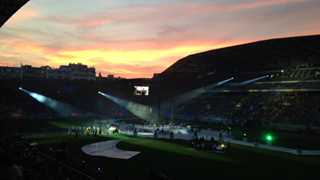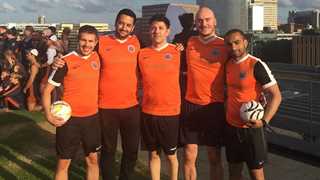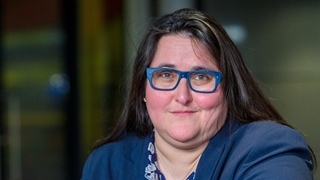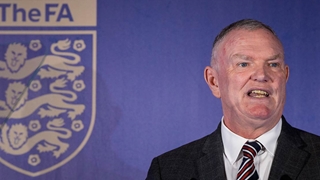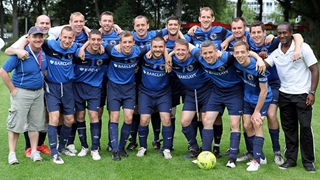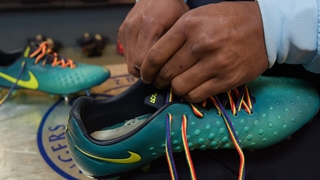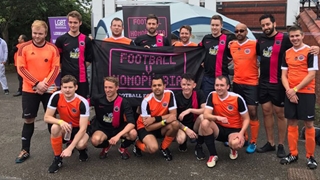
The news about the Amateur Football Alliance joining up with the London Unity League is a great boost for all of us involved in the competition this season.
As a team, we’ve just returned from Paris - having competed at the Gay Games 10 - which saw us playing matches against teams from other nations over five days.
To be able to say that we play in a league which is now recognised by a County FA - and therefore the FA itself - is hugely significant.
For many LGBT+ players around the world it would be impossible to think that a league like the LUL would be supported by the sport's governing body.
Having formed in 2008, East End Phoenix FC has recently just celebrated its tenth anniversary.
We participate in the LUL and GFSN [Gay Football Supporters' Network] Cup and this year we will also be playing in the GFSN League, a competition including teams from across the UK. With leagues like the LUL and the GFSN, it’s a really good time for LGBT+ football in the UK.
The club was formed to offer inclusive football opportunities for the LGBT+ community in east London. We play our home games in the London Borough of Tower Hamlets and the LUL has always provided a really social and inclusive environment for anyone to come in and play football.
We welcome all players regardless of gender, sexual orientation or any other personal characteristics which might make it more difficult to participate in football or to play in mainstream leagues.
We welcome players of all abilities, including people who are completely new to the sport. The League’s format has been really helpful as it creates a sense of community between the clubs - this allows people be more comfortable playing football and to make friends.
We have been discussing affiliation for some time and we're confident that it will be really positive for us.
The AFA will help to increase the resources available to the LUL in terms of coaching and refereeing and also through promotion of its values. The LUL will retain its inclusive features but will benefit from better structure and visibility.
For us as a club it will also be interesting to see how the AFA can help us to reach different areas of the LGBT+ community: we recognise that's there’s much more we can do to promote inclusion and to be more representative of the community in which we live and play football.
Though for many identifying as LGBT+ has become easier, for others it is still very difficult and so hopefully the partnership can help us to reach new audiences and to continue our journey as a club and as a league.
So, here’s to a great season with the AFA on board!
Find out more on the Amateur FA and the London Unity League.


